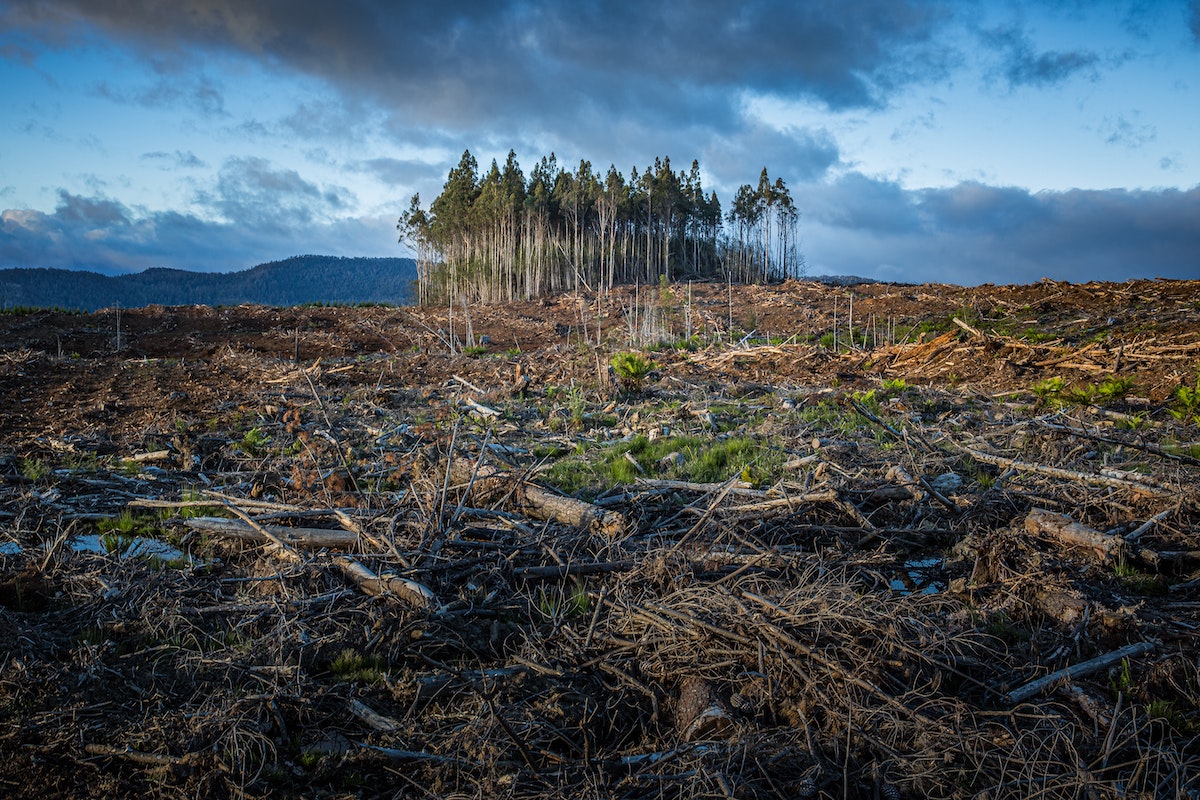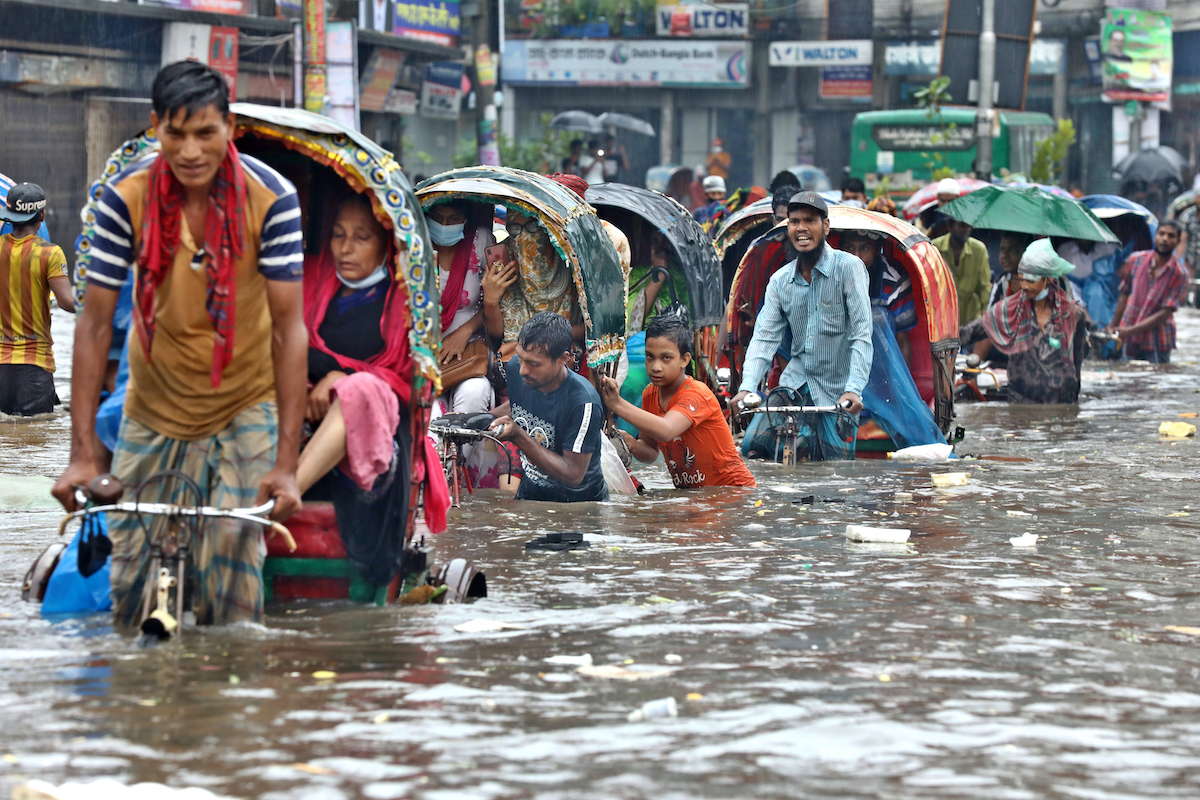This website uses cookies so that we can provide you with the best user experience possible. Cookie information is stored in your browser and performs functions such as recognising you when you return to our website and helping our team to understand which sections of the website you find most interesting and useful.
Cop27: Climate of Chaos
By Tempus | 17 December 2022 | Culture
At Cop26 in Glasgow last year, the world asked if world leaders are doing enough to combat climate change. Now, after Cop27 in Sharm el-Sheikh, the world is asking: are they paying attention?

After a feverish build-up and with plenty of burning issues on the agenda, Cop27, the 27th United Nations Climate Change conference, visited Egypt’s Sharm el-Sheik in November – but responses to the summit have been mixed.
In an age where wildfires ravage the planet and temperature records tumble at an alarming rate, the Conference of Parties (Cop) is the decisive biennial summit to bring climate change under at least partial control and hosting more than 100 heads of state and governments, with more than 35,000 participants.
Cop27 occurred a year after the Glasgow summit – delayed from 2020 due to Covid-19 – where the Glasgow Climate Pact saw countries agree to revise their nationally determined contributions to cut emissions by 2030 in line with the existing Paris Agreement. Yet, it got off to a rocky start as many delegations came under fire from climate activists for travelling by private jet.

Prominent figures attending this year’s conference included Prime Minister Rishi Sunak, US President Joe Biden and EU President Ursula von der Leyen. The leaders of some of history’s largest polluters were on the speakers’ list – as were those from countries bearing the brunt of the effects of climate change. A key milestone of this year’s conference was the historic agreement on a loss and damage fund, aimed at providing financial assistance to developing nations hit by climate-related disasters.
“This outcome moves us forward,” said Simon Stiell, UN climate change executive secretary. “We have determined a way forward on a decades-long conversation on funding for loss and damage – deliberating over how we address the impacts on communities whose lives and livelihoods have been ruined by the very worst impacts of climate change.”
Similarly, the summit moved forward significantly on setting goals for a rescue fund for those hardest hit, with governments launching the global goal on adaptation, to rescue and rebuild the physical and social infrastructure of countries devastated by extreme weather, and to help them become more resilient to the impacts of climate breakdown. The climate finance pledge of $100bn a year from developed countries – first introduced in Copenhagen, 2009 – was also reaffirmed after some pushback. But critics have called attention to the fact that this longstanding goal has still not yet been met annually, because too few countries are paying the full agreed contributions.

Ahead of Cop27, Akinwumi Adesina, president of the African Development Bank, called for action, saying his continent was taking the effects of inaction particularly personally. “Africa is suffering what it didn’t cause,” he said. “The developed world, a long time ago, promised $100bn a year in support of climate finance for developing countries. What we get now is a lot of talk and zero financing. It’s time to pay up because Africa is suffering tremendously from the impact of climate change. It’s Africa’s Cop, so let’s deal with Africa’s problems by putting the money on the table.”
Another crucial takeaway from Glasgow 2021 was the agreement to limit temperature rises to 1.5˚C above pre-industrial levels and setting a global emissions peak by 2025. This major commitment came under fire at this year’s summit, with some countries attempting to remove the 1.5˚C goal from the agreement. While they failed to do so, a resolution to cause emissions to peak by 2025 was removed, and the ‘ratchet’ – an agreement to strengthen commitments to cutting greenhouse gases each year – abolished.
Additionally, despite a move led by India to include a commitment to phase out fossil fuels, the agreement ultimately repeated earlier promises to scrap “inefficient” fossil fuel subsidies and “phase down unabated coal”.

“This was a tale of two COPs: joy at the adoption of a loss and damage fund but anguish that, despite overwhelming scientific evidence and escalating human rights impacts, the negotiations failed to secure vital commitments on the phasing out of all fossil fuels, which are the number one driver of the climate crisis,” Amnesty International’s climate justice adviser Chiara Liguori said, in a statement. “In light of the extreme climate-driven disasters that we have witnessed in the last year, and the growing catalogue of reports from the Intergovernmental Panel on Climate Change and others documenting both the impacts and the causes of climate change, this failure to progress on fossil fuels represents an enormous abdication of human rights obligations and disregards the rights of all those being affected, and future generations.”
As world leaders, activists and spectators alike experience the raft of red flags raised for the future of the planet – from 40˚C summers in England and exceptional heatwaves across Europe, China and the US, to catastrophic flooding in Pakistan, Nigeria and Australia – it has never been clearer that action must be taken.
EU climate policy chief Frans Timmermans closed Cop27 with a plea to delegates who had, he said, “fallen short” in their agreements.

“The fight for ambition for a better future is not yet over. In fact, it’s only just begun. We know the cost of inaction is so much higher than the cost of action,” he said. “We should have done much more. We have all fallen short in actions to avoid loss and damage. Our citizens expect us to lead. That means far more rapidly reduced emissions.”
Simon Stiell sums up the conference findings: “We have a series of milestones ahead. We must pull together, with resolve, through all processes, may they be national, regional, or others such as the G20. Every single milestone matters and builds momentum,” he said. “The next step for change is just around the corner, with the United Arab Emirates’ stewardship of the first global stocktake – for the very first time we will take stock of the implementation of the Paris Agreement. It will independently evaluate the progress we have made and if our goals are adequate. It will inform what everybody, every single day, everywhere in the world, needs to do, to avert the climate crisis.”
The questions remain: will it be in time, and will it be enough?







